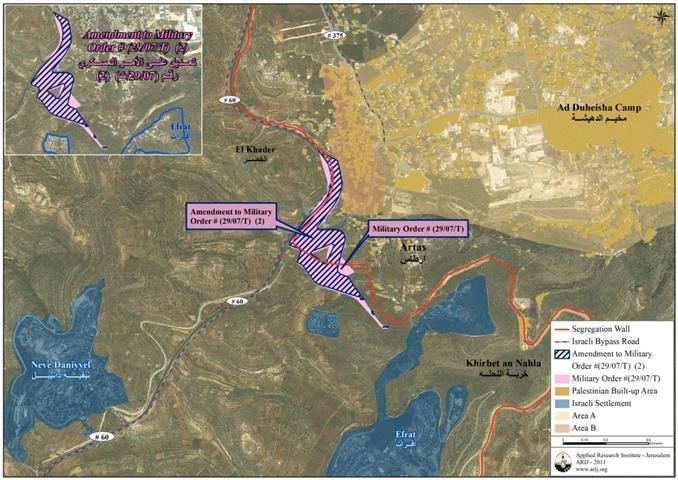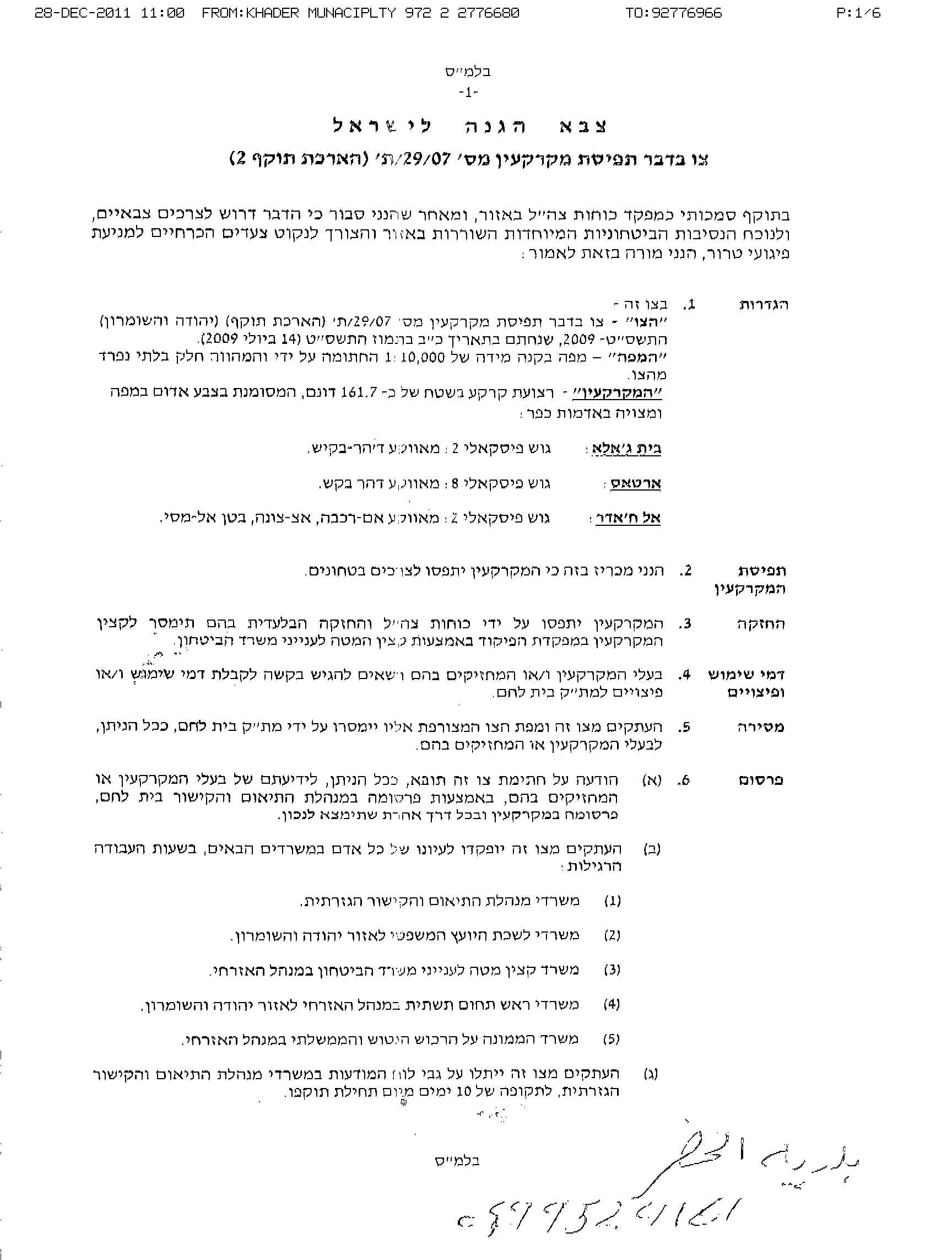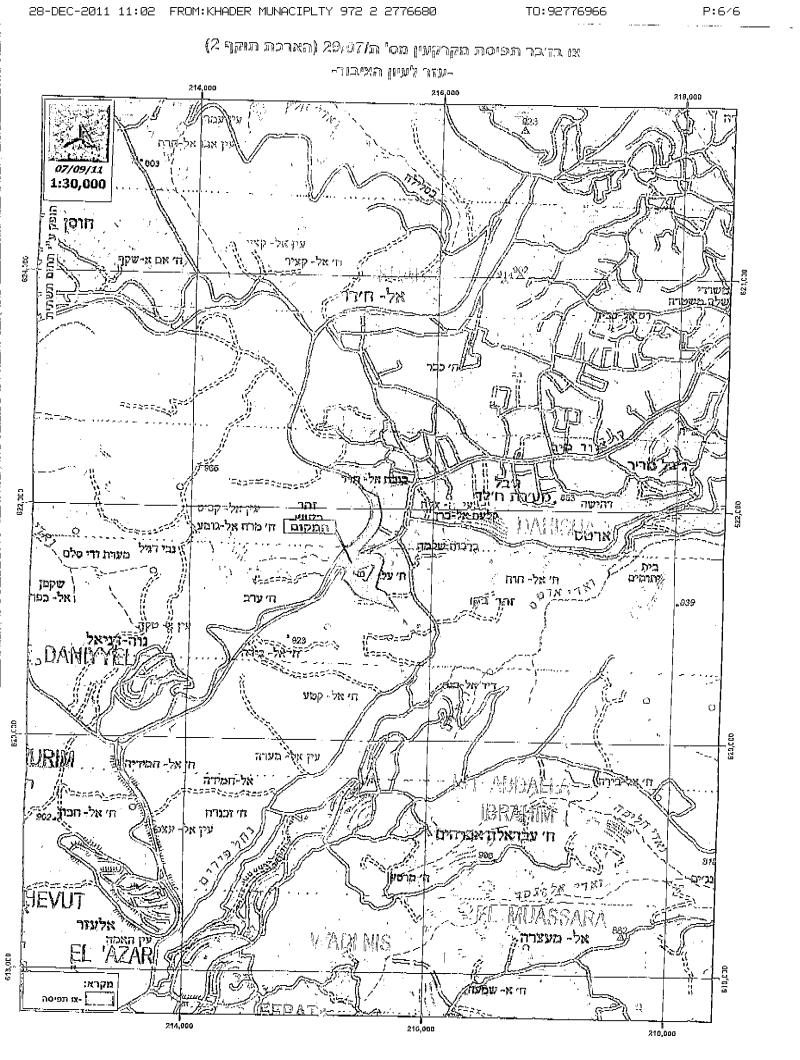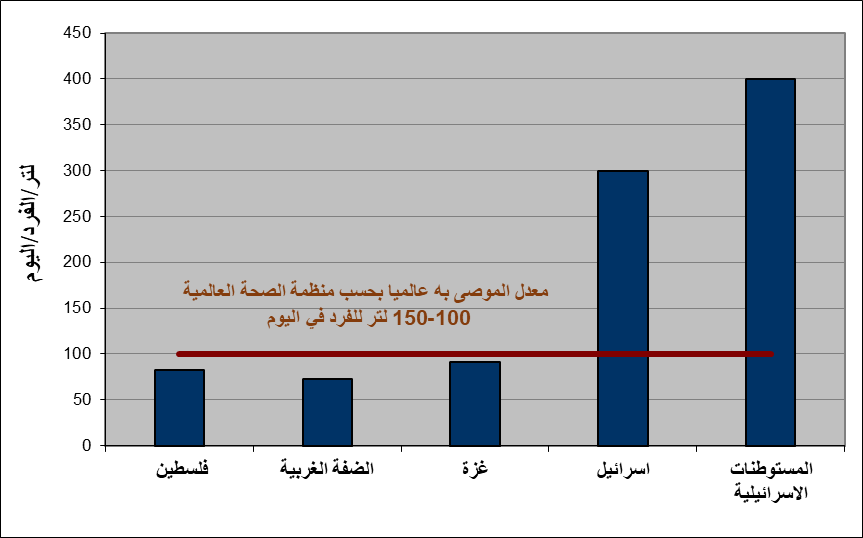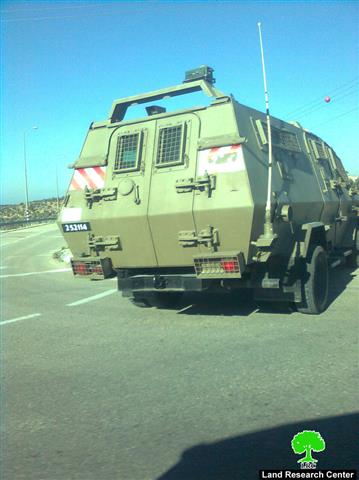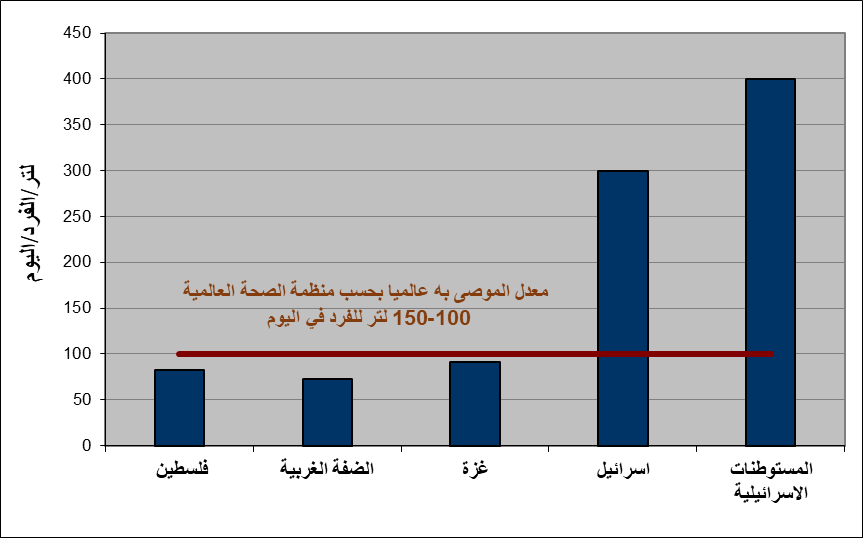
The amendment shows changes of land areas to be confiscated from Al Khader and Artas villages as it stands to confiscate 161 dunums of lands, 160 dunums less than that mentioned in the original order which was issued in
September 2007 and stated the seizure of 321 dunums of lands. However, at no time is this change made considered the Palestinian populace interest; despite the hundreds of petitions filed by Palestinians to the Israeli Supreme court to protest the dramatic losses that came along with the construction of the Wall. See Copy of Military order:-
The reason behind extending the validity of military order No 29/07/t:-
Usually the Israeli military order comes into effect since the date it was signed and in the case of Military Order No. 29/07/t, it was first issued in September 2007 and came into effect until the 31st of December 2009; during which, it was scheduled for the Israeli Ministry of Defense to build and complete the wall in the area as stipulated in the order. However; on the ground, the wall has not been constructed due to appeals filed by Palestinian landowners of Al Khader and Artas villages in the Israeli Supreme Court against the construction of the wall in the area questioning its legitimacy, which, if implemented, will annex the Gush Etzion settlement bloc. to Israel; at the same time, it will trap eight Palestinian communities in an enclave and isolate from the center of life in Bethlehem city and the neighboring Palestinian communities.
This, in turn, prompted the Israeli government to issue another extension of validity to the Israeli military order until the 31 of December 2011 so that the Israeli Ministry of defense could resume wall constructions in the area and complete the annexation of the Gush Etzion settlement bloc to Israel. However, nothing has been implemented due to petitions pending at the Israeli Supreme Court, which again prompted the Israeli government to issue a second extension of validity to the military order number (29/07/t) until the 31 of December 2014 to be able to build the section of the wall.
It is worth mentioning that residents of Al Khader and Artas villages received the military orders on January 3, 2012, almost three weeks after they were issued (on December 8, 2011). This in turn prevented them from filing objections against the issued military orders at the Israeli Civil Administration office in Gush Etzion, since the period set for objections is seven days from issuance date of the order and thus; residents of Al Khader and Artas villages lost their right to object the orders as the period set for objection ended. Table 1:-
|
Table 1: Details of the confiscated lands in Al Khader and Artas villages as stipulated in the Israeli military order number 29/07/t (amendment No. 2)
|
|
Area Confiscated
|
Locality Name
|
No.
|
|
73
|
Al Khader
|
1
|
|
88
|
Artas
|
2
|
|
161**
|
Total confiscated Area
|
|
** the area mentioned in the military order is the area of land needed to construct the remaining sections of the Israeli segregation wall in the Gush Etzion settlement Bloc
|
|
The Applied Research Institute – Jerusalem (ARIJ), 2012
|
Furthermore, the issuance of ‘extension of validity’ military order number (29/07/t) contradicts with what the Israeli Army Radio said on the 5th of November 2011, quoting a statement issued by the Israeli ministry of Defense, that it has frozen the construction of the wall near the Gush Etzion settlement bloc over ‘budget concerns’, and adding that the Israeli ministry of Housing and construction will resume wall constructions in the area in late 2012. According to the statement, the cost of the wall construction around the Gush Etzion settlement bloc area is around NIS 5 billion.
The annexation of the Western Rural Area of Bethlehem Governorate
The route of the Segregation Wall that is planned to run along bypass road #60 and extends southeast to reach west of Khalayel Al-Louz, will isolate and Segregate the western rural area of Bethlehem Governorate, which includes eight Palestinian communities
that will become effectively inaccessible to other Palestinians who are not residents of these communities. In addition, the wall will annex the 11 Israeli settlements that constitute the Gush Etzion settlements Bloc, as part of the ‘Greater Jerusalem’ plan which started to develop during the late 1970s early 1980s, when the Israeli government expanded the area of settlement construction outside the Israeli defined Jerusalem municipal boundary in order to create settlement continuity around Jerusalem and cut the territorial continuity of East Jerusalem with the rest of the West Bank; all of which to increase Jewish population around Jerusalem and impose Jewish demographic supremacy that would strengthen the hold on Jerusalem. The settlements constructed were concentrated in three main blocs: the Giv’at Ze’ev in northern Jerusalem, Ma’ale Adumim in eastern Jerusalem and Gush Etzion southwest of Jerusalem, in addition to a forth bloc that later developed which is the Binyamin settlement bloc.
To conclude
The construction of the Segregation Wall results in the violation of human rights including the right to freedom of movement
right to work
to health, to education
, and to adequate living conditions
The ICJ decision upholds the right to self-determination
of the Palestinian people, which they are denied by the Wall’s disruption of the territorial integrity and unity of the population. ‘Self-defense’ or ‘state of necessity’ can not be used as justification for violating these rights and other international legal principles and therefore Israel must cease construction and all other states must refrain from supporting Israel in building the Segregation Wall.
Additionally, the establishment of the western segregation zone comes in violation of all peace treaties signed between the Palestinians and the Israelis and a breach violation to the Oslo Interim agreement of 1995 which states that, “neither side shall initiate or take any step that will change the status of the West Bank and the Gaza Strip pending the outcome of the permanent status negotiations.” Oslo II Interim agreement of 1995, article 31, Para. 7.
The International court of justice Advisory Opinion strongly rebuked Israeli’s actions in creation of the security wall, and exposed Israel’s false claims that the security wall is the only option for the defense of their country. The Advisory Opinion declared that the occupying force (Israel) was taking illegal actions against the Palestinian people, land, and livelihood.
The Court voted on and gave five responses to the question put forward by the General Assembly in resolution ES-10/14. The opinion is quoted below
: (1) The construction of the wall being built by Israel, the occupying Power, in the Occupied Palestinian Territory, including in and around East Jerusalem, and its associated regime, are contrary to international law. (2) Israel is under an obligation to terminate its breaches of international law; it is under an obligation to cease forthwith the works of construction of the wall being build in the OPT, including in and around East Jerusalem, to dismantle forthwith the structure therein situated, and to repeal or render ineffective forthwith all legislative and regulatory acts relating thereto, in accordance with paragraph 151 of this Opinion. (3) Israel is under an obligation to make reparation for all damages caused by the construction of the wall in the OPT, including in and around East Jerusalem. (4) All States are under an obligation not to recognize the illegal situation resulting from the construction of the wall and not to render aid or assistance in maintaining the situation created by such construction; all States parties to the Fourth Geneva Convention relative to the Protection of Civilian Persons in Time of war of 12 August 1949 have in addition the obligation, while respecting the United Nations Charter and international law, to ensure compliance by Israel with international humanitarian law embodied in that Convention. (5) The United Nations, and especially the General Assembly and the Security Council, should consider what further action is required to bring to an end the illegal situation resulting from the construction of the wall and associated regime, taking due account of the present Advisory Opinion.
[1] which is the date of the first time the military order was issued
[2] The Palestinian communities stand to face isolation are (Battier, Hussan, Nahalin, Wadi Fukin, Al Jab’a, Khallet ‘Afaneh (‘Afaneh Hamlet), Khallet Beit Zakariyya (Beit Zakariyya Hamlet) and Khallet Al-Balluta (Al-Balluta Hamlet)), the population of which exceeding 23,000 Palestinians.


